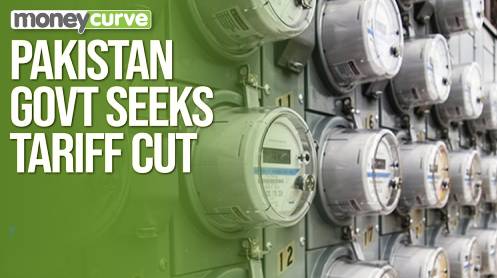Oil prices fell below $40 for the first time since June as demand concerns grow and stock markets crash.
For Global Energy Alert members there are now two new free reports available in your dashboard. The first of these reports is on how to interpret stock charts and the second outlines the three biggest mistakes made by traders today. Make sure you become a member to read these reports and many more.







Friday, September 4th, 2020
Oil prices hit a rough patch this week, falling back in concert with broader financial markets. The dollar gained strength, which also pushed down crude. The demand rebound is also sputtering. WTI was driven below $40 for the first time since June.
Iraq seeks OPEC+ exemption. Iraq is looking for an exemption from the OPEC+ deal for the first quarter of 2021, raising fears that the group’s compliance may start to slip. A separate report says that Iraq wants a two-month extension on the extra production cuts that it agreed to implement in August and September.
Kuwait’s oil economy running on fumes. Kuwait’s budget deficit is expected to reach $46 billion this year. But oil revenues collapsed after the 2014-2016 downturn and never recovered. Now the country is grappling with tapping its sovereign wealth fund as the days of huge oil revenues appears to be over.
EU warns of running low on critical metals. A new report from the European Commission warns that the shortage of critical materials could threaten the EU’s push to become climate neutral by 2050. The EU estimates that it will need up to 18 times more lithium and five times more cobalt in 2030, a figure that rises to 60 times more lithium and 15 times more cobalt by 2050.Related: Goldman Expects Oil To Reach $65 Next Year
U.S. LNG faces blowback in Europe. The Trump administration’s aggressive use of sanctions related to Nord Stream 2 risks blowback from angry European policymakers. “This is not a way you treat allies and friends. Now, the European Union should show unequivocally that it will not be blackmailed,” said Klaus Ernst, chairman of the German parliament’s energy and economic affairs committee. “If diplomacy fails, we’ll need penalty tariffs on fracking gas or even an import ban as a painful countersanction, since the U.S. gas industry seems to be a major driver of the sanctions policy.”
Merkel under pressure on Nord Stream 2 after Navalny poisoning. The poisoning of Russian opposition leader Alexei Navalny is ratcheting up the pressure on Germany to cancel the Nord Stream 2 project as retaliation against Russia.
Schlumberger exits fracking. Schlumberger (NYSE: SLB) agreed to sell its North American fracking business to Liberty Oilfield Services (NYSE: LBRT), marking something of an exit from shale for the oilfield services giant.
Only 14% of utilities prioritize renewables. A new University of Oxford study found that worldwide only about 14 percent of utilities prioritize renewables over gas or coal. “This research highlights a worrying gap between what is needed to stop global warming and what actions are being taken by the utility sector,” the author said.
Refinery glut continues. Overcapacity in the downstream sector is a global problem, and some aging European refineries face the prospect of closure. Energy Aspects estimates that the refining sector needs to cut capacity by 10 percent. Total (NYSE: TOT) and Eni (NYSE: E) have already converted three refineries into handling biodiesel, and more are likely to follow.
Imperial cuts oil sands after pipeline leak. Imperial Oil (TSE: IMO) shut down its production at the 220,000-bpd Kearl oil sands site after the Polaris pipeline leaked diluent. The pipeline delivers diluent for blending but spilled 566 barrels near Fort McMurray. The outage is likely to remove 240,000 to 270,000 bpd from the market for at least a few weeks, according to Reuters.
Australian gas losing out to batteries. Batteries are becoming more attractive than gas-fired electric capacity in Australia. AGL Energy (ASX: AGL) new COO Markus Brokhof recently said that “there is a clear business case for big batteries.” New electric capacity is increasingly coming from renewables plus batteries, and as natural gas prices rise worldwide from recent lows, that dynamic should continue.
Fossil fuels are here to stay. The future looks bright, emission-free, and electric. But a recent IEA report offers a reality check. The world is still very much dependent on oil and gas—and even coal—for its continued energy supply. The 100-percent renewable energy world is still decades away, and more than a couple.
U.S. jet fuel demand rebounding. Jet fuel demand in the U.S. is recovering faster than it is in Europe or the rest of the Americas.





